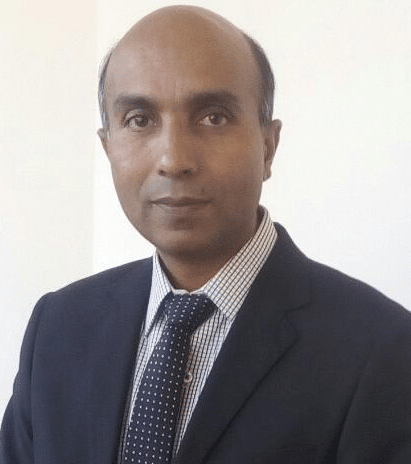 IIUI mission is to transform the society by promoting education, training, research, technology, and collaboration for reconstruction of human thought in all its forms on the foundations of Islam.
IIUI mission is to transform the society by promoting education, training, research, technology, and collaboration for reconstruction of human thought in all its forms on the foundations of Islam.
 IIUI mission is to transform the society by promoting education, training, research, technology, and collaboration for reconstruction of human thought in all its forms on the foundations of Islam.
IIUI mission is to transform the society by promoting education, training, research, technology, and collaboration for reconstruction of human thought in all its forms on the foundations of Islam.
 IIUI vision to be an excellent University in diversity, knowledge, research, and innovation for the benefits of society and the Muslim Ummah.
IIUI vision to be an excellent University in diversity, knowledge, research, and innovation for the benefits of society and the Muslim Ummah. International Institute of Islamic Economics (IIIE) is a pioneer institution in the Muslim World dedicated for the cause of Islamic Economics. It was established in August 1983 with the primary objective to endeavor for an Islamic Economics Paradigm and to prepare scholars equipped with appropriately blended knowledge of Shariah injunctions and the mainstream economics with critical ad creative thinking. The ultimate objective is the creation of Islamic Economics and Finance as a separate discipline based on the principles derived for the Qur’an and the Sunnah and providing guidance to the establishment of Islamic economic and financial system of the Muslim societies.
The Institute is expanding vertically and horizontally and it has been offering the academic programs through the School of Economics, School of Islamic Banking and Finance, and Department of Economics and Finance at Bachelor, Master and Doctoral levels.
The IIIE has a team of highly qualified and well-experienced faculty member and equipped with very good infrastructure in terms of computing, library and classroom facilities. The faculty strives hard not only to provide the students with all-round knowledge in economics and finance theories but also to motivate and guide them in all other academic (seminars, trainings, projects etc.) and extra-curricular activities (internships, community services, the student newspapers, etc.). Furthermore, the faculty members are having diversified areas of expertise and highly involved in doing policy-oriented and impactful research.
In additional to this, IIIE has successfully launched peer-reviewed research journal entitled IIIIE Journal of Economics and Finance covering the emerging areas and themes pertaining to conventional economics, Islamic economics, and Islamic banking and finance.
The alumni of IIIE are working in the world-renowned organizations like World Bank, IMF, IRTI, and different Ministries of Pakistan including local regulatory organizations (SBP, SECP). In addition to many credentials, the Institute has been awarded Islamic Development Bank’s prize in 2000 recognizing its services in Islamic Banking and Finance.
The International Institute of Islamic Economics comprises of the following departments:
| Functions of the Institute |
|
Our permanent faculty is a dynamic and growing community of scholars active in most of the principal areas of research. We have also succeeded in receiving cooperation and assistance from the highly qualified and learned academicians in the twin cities in the form of Adjunct Faculty for our research programme in different departments.

Dr. Abdul Rashid
Director General
![]() 051-9019423, 051-9019419
051-9019423, 051-9019419
[email protected]
| Related Links |
| IIIE - Home |
| Academics |
| Awards |
| Projects |
| Faculty & Staff |
| Labs |
Vision of the institute
To produce world class scholars and economists through moral, social, and intellectual transformation that imparts in-depth knowledge of Islamic and conventional economics.
Mission of the institute
To practically demonstrate the relevance and importance of Islamic and conventional economics in solving the real-world problems facing world at large and Pakistan in particular
CORE VALUES
